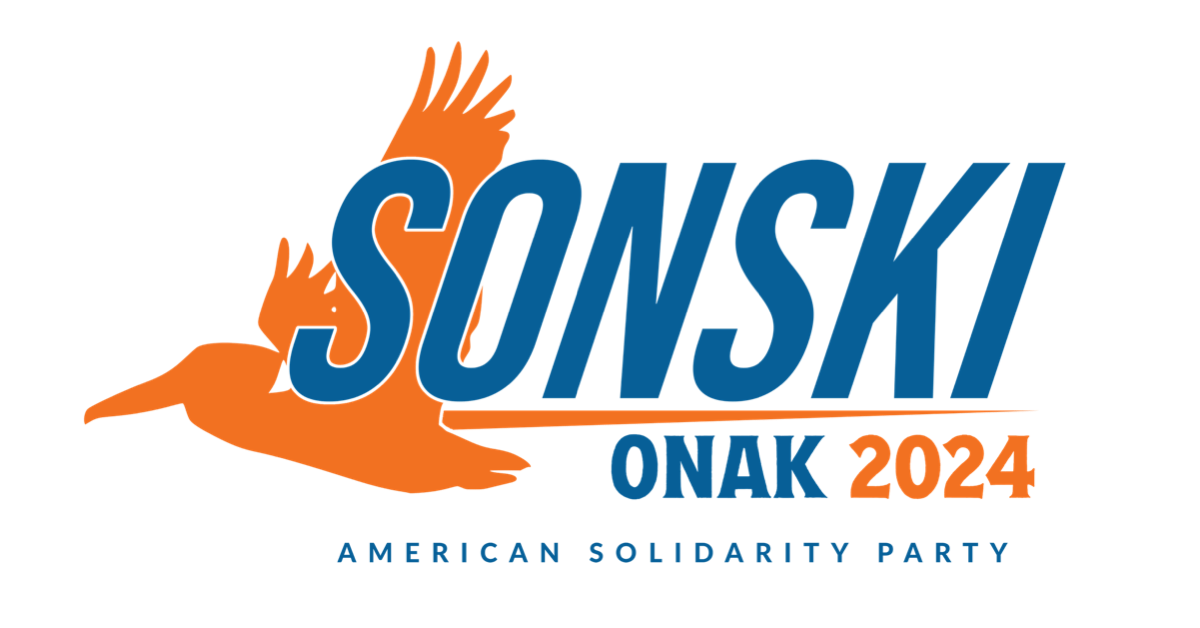From Lauren’s Desk: World Down Syndrome Day
I first started to panic when the midwife stopped referring to my daughter as “the baby.” I had gone in for a routine 12 week ultrasound, called a “nuchal translucency.” The sonographer measures the nuchal (neck) fold of the fetus. A larger neck fold corresponds with a greater chance of genetic syndromes like Down and the trisomies. My baby’s measurements were well into the abnormal range, and my midwife predicted I may even miscarry before my next appointment.
We saw a second, high-risk fetal-maternal medicine doctor. He gave us testing options and sent us to a genetic counselor. We opted for a non-invasive blood test. They warned us that this was also “only a screening” and not diagnostic. It only screened for the most common genetic syndromes. About a week later, the results came back negative for Down Syndrome, Trisomy 13, Trisomy 18, and Turner Syndrome.
In the end, my daughter did have a genetic syndrome, one that was more rare than those covered in the screening.
Her syndrome resulted in global developmental delays, similar to those caused by Down Syndrome. I feel a certain kinship with Down Syndrome families not only because I also have a child with special needs, but because of the anxiety I felt over the course of my pregnancy.
Over and over different invasive testing methods were recommended to me, all with the unspoken understanding that if I didn’t do these tests as early as possible, I couldn’t get an abortion if I found out my baby was disabled.
There are now a plethora of prenatal screenings aimed at a variety of syndromes, but especially at children with Down Syndrome. The New York Times questioned the number and reliability of many of these screenings.
The screenings can be used strictly for informational purposes, but sixty-seven percent of the women who are given a prenatal Down Syndrome diagnosis choose to abort.
Our country has been in an uproar recently about IVF, but we rarely read about the eugenic practices of that industry against the disabled, especially children with detectable genetic abnormalities.
It would take another week’s newsletter to go into the difficulties children with genetic syndromes face after birth and the various systemic inequalities that contribute to them.
But my pregnancy with my first child made me painfully aware of the threat to the disabled before birth and how quick we are to discard the most vulnerable among us. Our society, so obsessed with output and productivity, leaves no space for the weak when we imagine a perfect world. Accommodations are made after the fact.
As a special needs parent, I often think of something my friend Nora Calhoun once wrote years ago: “No ability or strength confers human status—not being viable or sentient or undamaged or wanted. Being of human descent is enough; you cannot earn or forfeit your humanity.” In this community we do not measure “success” of interventions by milestones missed or achieved, but by whether or not the child is happy and secure. It’s a way of seeing humanity that defies the demands of progress, because it acknowledges that human beings are infinitely more than what they can do.
On today’s World Down Syndrome Day, may we in the American Solidarity Party continue to push back against the forces in our country that encourage us to view people in terms of their usefulness. Let us continue to advocate for the dignity of the human person, whose worth cannot be earned.
Take a few moments today to consider how we can all contribute to ending Down Syndrome stereotypes.

